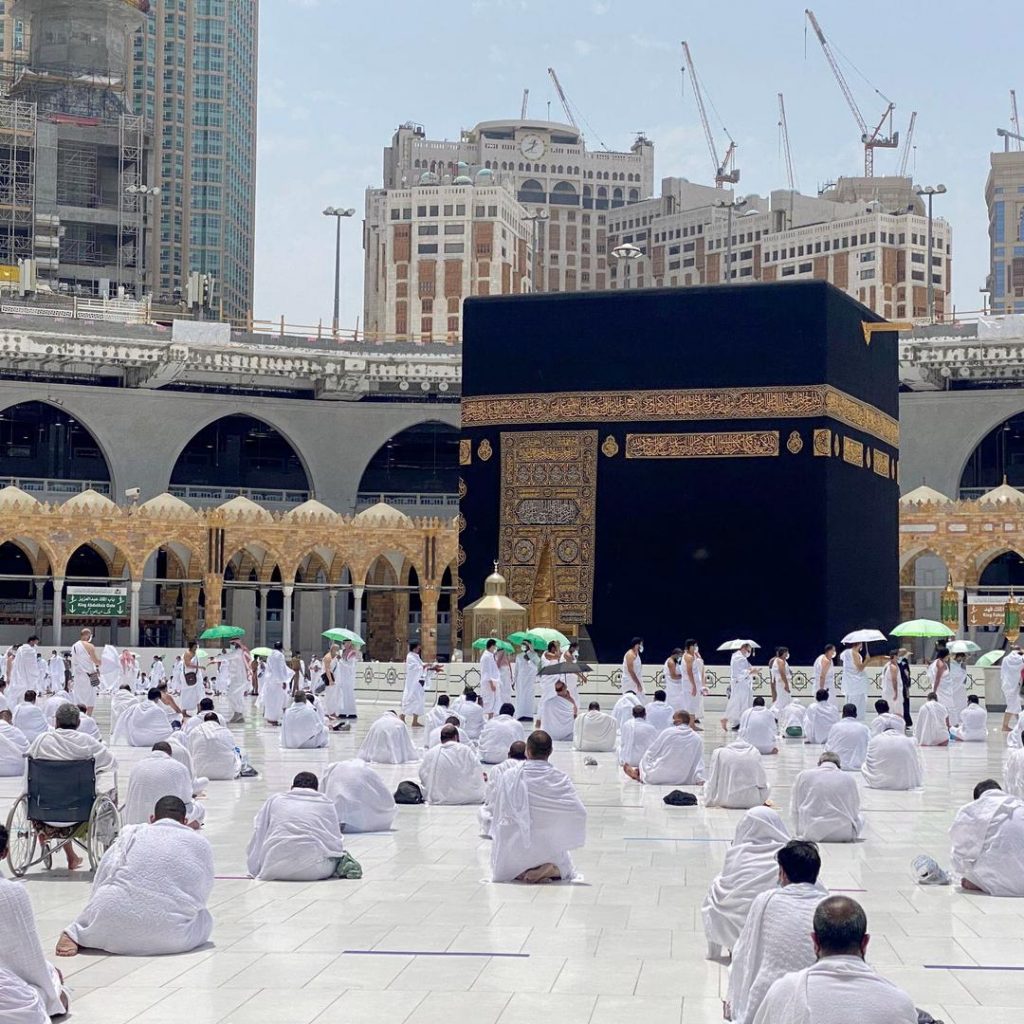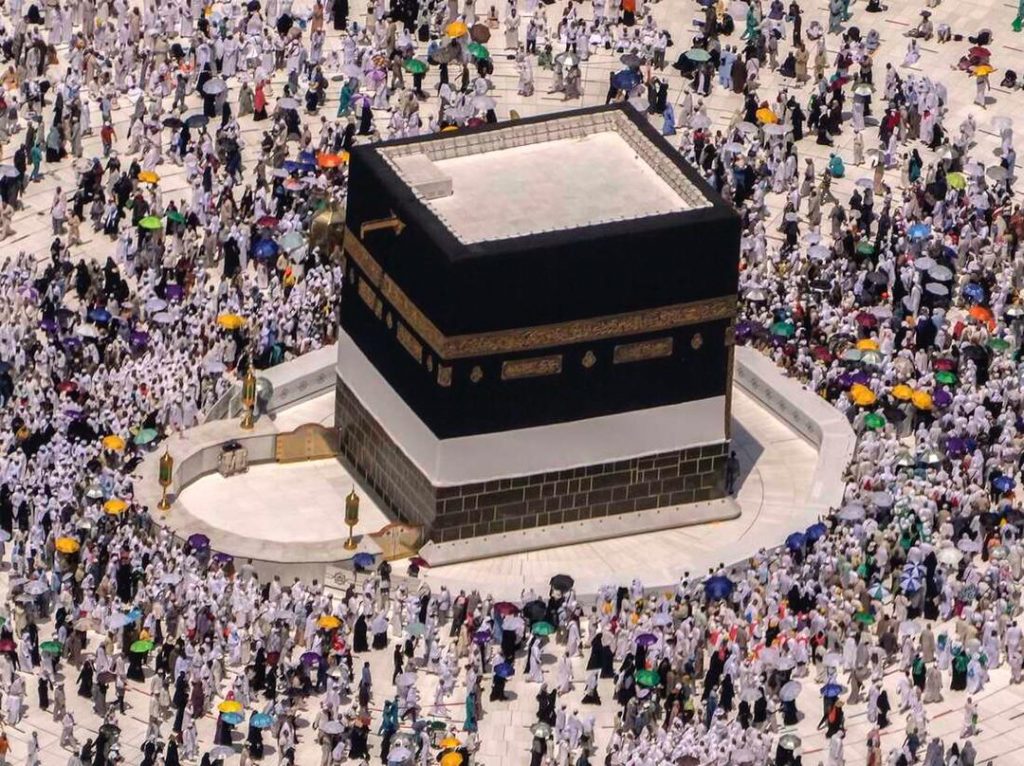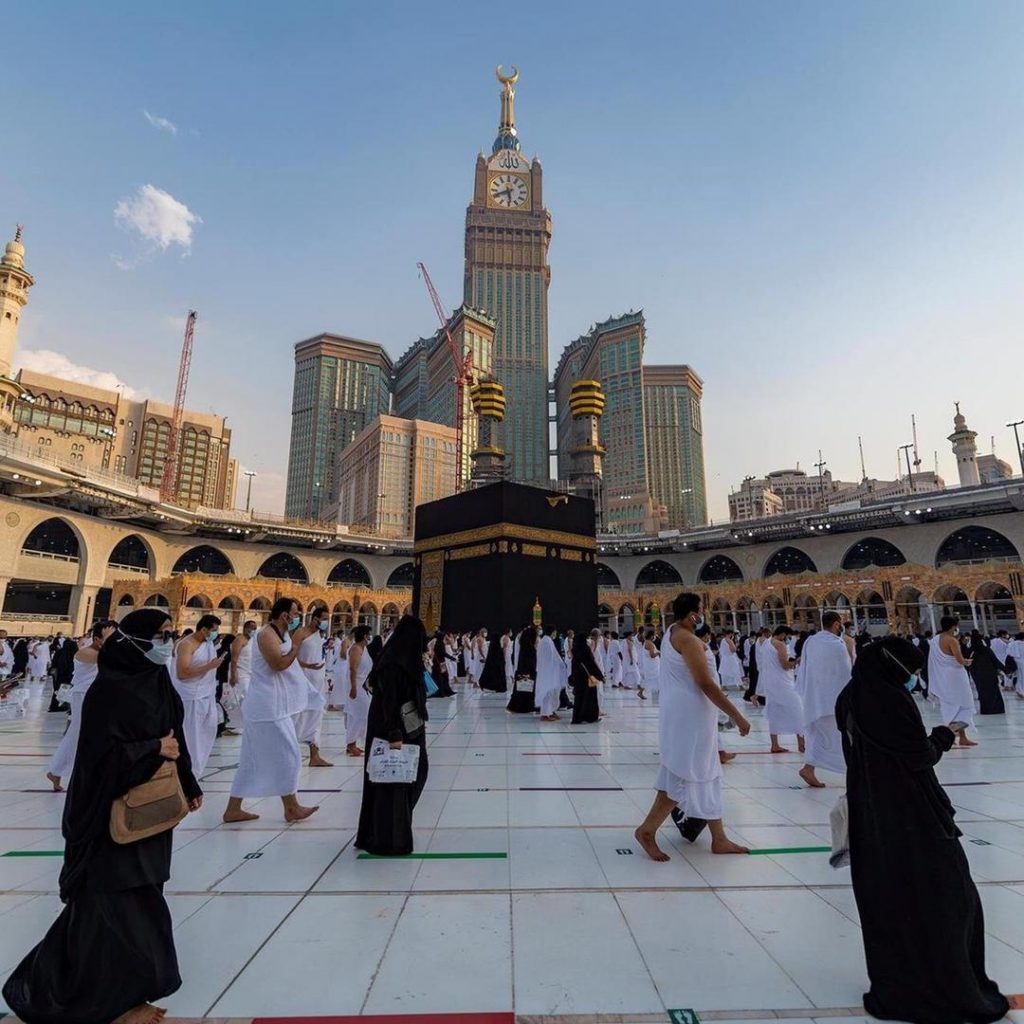
The annual religious observance known as the Hajj will resume this year to pre-pandemic levels after restrictions were placed on it due to coronavirus fears, according to Saudi authorities.
One of the biggest crowds in the world congregates during the Hajj, which every Muslim who is physically capable must perform once in their lifetime.
Before the pandemic, the pilgrimage drew millions of people annually to Mecca, the holiest city of Islam in Saudi Arabia, where the cube-shaped Kaaba is located and where devout Muslims offer five daily prayers.
Tawfiq bin Fawzan al-Rabiah, the Saudi Hajj and Umrah Minister, stated on Monday, “I bring you two bits of good news in this meeting. The first: the return of the numbers of pilgrims to what they were before the pandemic without any age restrictions”.
“And the second: allowing any Hajj mission from around the world to deal with any licensed company that meets the requirements of the pilgrims of those countries,” he added.
More than 2.4 million people participated in the pilgrimage in 2019. However, the Gulf country severely restricted the Hajj in 2020, allowing as few as 1,000 Saudi Arabian citizens to participate because to the coronavirus lockdowns.
Even during the 1918 flu pandemic, which killed tens of millions of people globally, it was an unparalleled action.

A little more than 60,000 Saudi Arabian citizens performed the pilgrimage in 2021. In Mecca and Medina, the two holiest cities in Islam, nearly 900,000 pilgrims were welcomed last year.
Only individuals under 65 who had received a coronavirus vaccination and a negative test were allowed entry, nevertheless.
The Hajj has long raised concerns about disease epidemics. Malaria struck the pilgrims in 632, cholera struck in 1821, killing an estimated 20,000, and cholera struck again in 1865, killing 15,000 before spreading globally.
More recently, Saudi Arabia faced danger from a different coronavirus, one that causes Middle East respiratory syndrome(MERS).
During the Hajj in 2012 and 2013, the kingdom stepped up its public health initiatives and urged the sick and elderly not to take part in the pilgrimage.

It was not immediately apparent what health measures would be taken for the Hajj, which falls this year at the end of June according to the Islamic lunar calendar.
Saudi Arabia does not require coronavirus vaccinations or testing of visitors, but it does demand that they be immunized against other diseases.
The pilgrimage is a major source of non-oil revenue for the oil-rich country, contributing billions of dollars to the kingdom.
Author-Roberta Appiah





